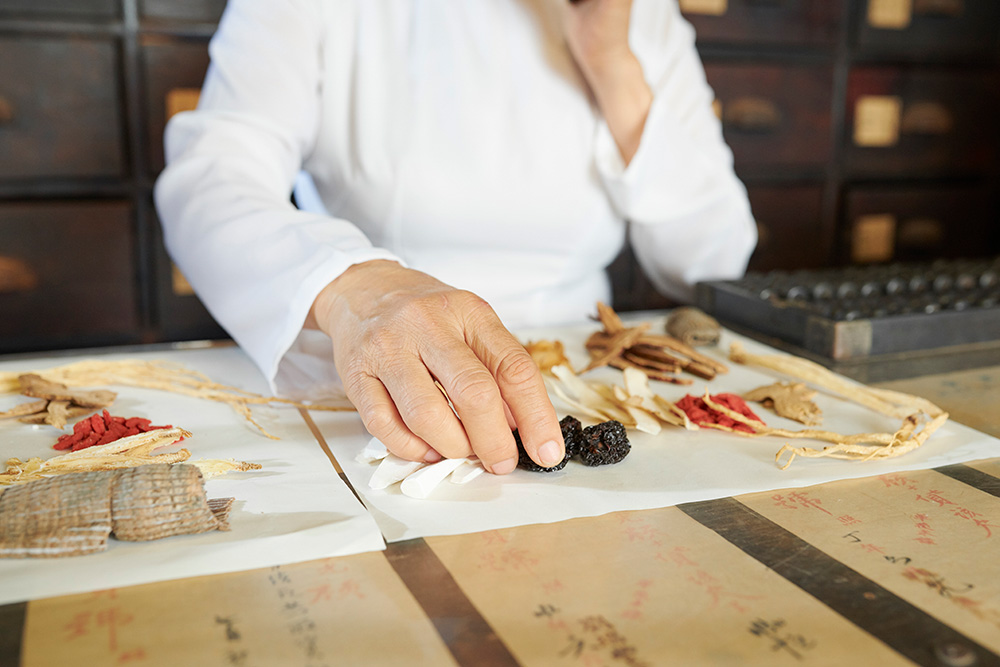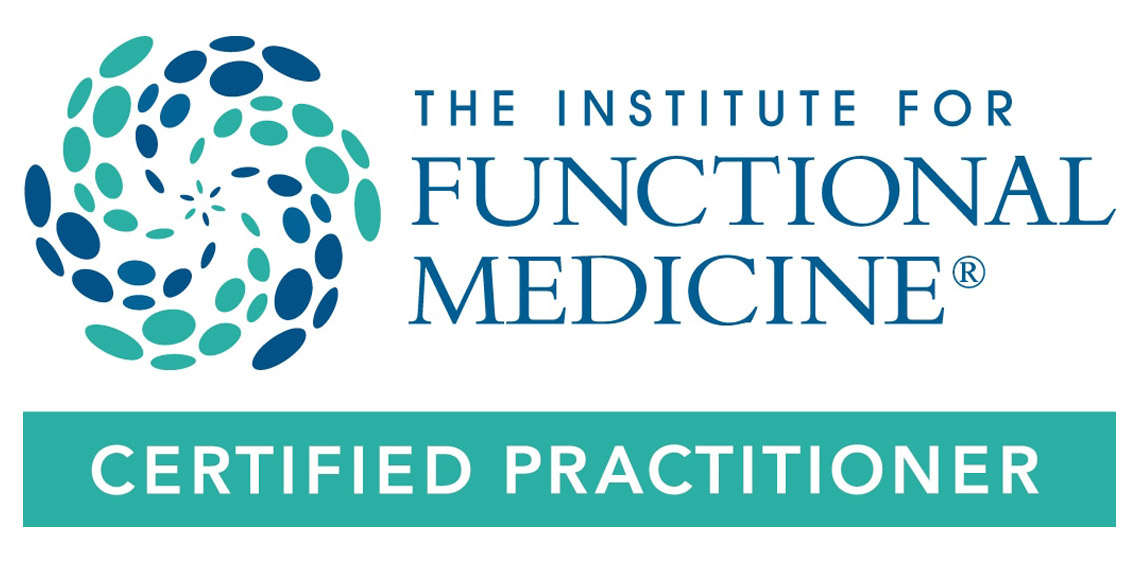Unlocking Calm: Functional Medicine Approaches to Anxiety
Your Comprehensive Guide to Holistic Anxiety Treatment
Learn tailored strategies that target the root causes of anxiety, offering natural and effective solutions for long-lasting relief.
From personalized nutrition plans and stress management techniques to holistic therapies and lifestyle adjustments, this guide provides a roadmap to inner peace and emotional well-being.
Discover how functional medicine can empower individuals to regain control over their mental health and unlock a sense of calm amidst life’s challenges.
Beyond Surface Symptoms: A Deeper Dive into Anxiety's Roots
Anxiety is a complex condition with roots that run deeper than daily stressors. In our practice, we recognize that a multitude of underlying imbalances can contribute to the feelings of unease and overwhelm that characterize anxiety. Through the lens of functional medicine, we explore beyond conventional diagnoses to uncover root causes such as gut dysbiosis, which links our digestive health directly to our mental well-being, and adrenal fatigue, a condition often overlooked despite its profound impact on our stress response system. Nutritional deficiencies, hormonal imbalances, chronic inflammation, and even exposure to environmental toxins each play a role in shaping our experience of anxiety.
Our approach to anxiety treatment is thorough: we assess factors ranging from thyroid function and blood sugar levels to genetic predispositions and toxic exposures. By understanding these underlying causes, we tailor personalized treatment strategies that address not just the symptoms, but the root causes of anxiety—paving the way for true healing and resilience.

Key Points
10 Causes of Anxiety
A multitude of underlying imbalances can contribute to the feelings of unease and overwhelm that characterize anxiety.
10 Hidden Functional Medicine Imbalances
- Gut Dysbiosis
- Leak Gut Syndrome
- Adrenal Fatigue
- Thyroid Dysfunction
- Nutritional Deficiencies
- Blood Sugar Imbalances
- Toxic Exposure
- Hormonal Imbalances
- Chronic Inflammation
- Genetic Predispositions
Chinese Medicine Concepts
- Liver Qi Stagnation
- Heart Qi Deficiency
- Spleen Qi Deficiency
- Kidney Yin Deficiency
- Phlegm Misting The Heart
- Blood Deficiency
- Heart Fire Blazing
- Dampness Stagnation
- Yin-Yang Imbalance
- Qi Deficiency
Functional Medicine Insights into Anxiety
Unlocking the Puzzle of Anxiety: 10 Hidden Imbalances You Need to Know

1. Gut Dysbiosis:
The imbalance of beneficial and harmful bacteria in the gut can impact mental health through the gut-brain axis, contributing to anxiety.
Learn more about gut health issues.
2. Leaky Gut Syndrome:
Increased intestinal permeability allows toxins and undigested food particles to enter the bloodstream, potentially leading to systemic inflammation and anxiety.
3. Adrenal Fatigue
Chronic stress can lead to adrenal fatigue, where the adrenal glands are unable to produce adequate stress hormones, leading to anxiety and difficulty coping with stress.
Learn more about adrenal burnout.
4. Thyroid Dysfunction
Both hyperthyroidism and hypothyroidism can cause anxiety symptoms due to the crucial role of thyroid hormones in metabolism and neurotransmitter regulation.
5. Nutritional Deficiencies
Deficiencies in key nutrients such as magnesium, omega-3 fatty acids, vitamin D, and B vitamins can contribute to anxiety by affecting neurotransmitter function and brain health.
6. Blood Sugar Imbalances
Fluctuations in blood sugar levels can impact mood and energy, leading to symptoms of anxiety, especially in individuals with insulin resistance or diabetes.
7. Toxic Exposure
Exposure to toxins, including heavy metals, pesticides, and mold, can affect brain function and lead to neurological symptoms including anxiety.
8. Hormonal Imbalances
Imbalances in sex hormones (estrogen, progesterone, testosterone) and stress hormones (cortisol) can significantly impact mood and contribute to anxiety.
Learn more about hormonal imbalances.
9. Chronic Inflammation
Systemic inflammation can affect brain health and neurotransmitter function, leading to increased anxiety.
10. Genetic Predispositions
Certain genetic factors can affect how individuals metabolize neurotransmitters like serotonin and dopamine, influencing their susceptibility to anxiety.
Restoring Calm - Decoding Chinese medicine for Anxiety Treatment

1. Liver Qi Stagnation
Often seen as the root of many emotional disturbances, liver Qi stagnation can lead to feelings of frustration, irritability, and anxiety. Herbal formulas aimed at moving liver Qi can offer relief.
2. Heart Qi Deficiency
The heart in Chinese medicine is closely linked to the mind and emotions. A deficiency in heart Qi can manifest as anxiety, palpitations, and insomnia. Nourishing the heart Qi with herbs can help stabilize emotions.
3. Spleen Qi Deficiency
The spleen plays a crucial role in digestive health and the production of Qi from food. A deficiency can lead to worry, fatigue, and increased anxiety due to improper nutrition absorption. Supporting the spleen with digestible, nutrient-rich foods and herbs can improve overall energy and reduce anxiety.
4. Kidney Yin Deficiency
In Chinese medicine, the kidneys are the foundation of yin and yang balance in the body. A deficiency in kidney yin can lead to fearfulness, anxiety, and symptoms of heat like night sweats. Nourishing kidney yin with specific herbs and foods can help restore balance.
5. Phlegm Misting the Heart:
Often seen as the root of many emotional disturbances, liver Qi stagnation can lead to feelings of frustration, irritability, and anxiety. Herbal formulas aimed at moving liver Qi can offer relief.
6. Blood Deficiency
Often seen as the root of many emotional disturbances, liver Qi stagnation can lead to feelings of frustration, irritability, and anxiety. Herbal formulas aimed at moving liver Qi can offer relief.
7. Heart Fire Blazing:
An excess condition where too much heat in the heart leads to restlessness, insomnia, and anxiety. Cooling herbs and foods that calm the mind are used to treat this imbalance.
8. Dampness Stagnation
Dampness can weigh down the body and lead to a feeling of heaviness, fatigue, and mental fog, contributing to anxiety. Herbs that resolve dampness and promote diuresis can improve clarity and reduce anxiety.
9. Yin-Yang Imbalance
Often seen as the root of many emotional disturbances, liver Qi stagnation can lead to feelings of frustration, irritability, and anxiety. Herbal formulas aimed at moving liver Qi can offer relief.
10. Qi Deficiency
A general state of diminished life force energy leading to lethargy, weakness, and anxiety. Tonifying herbs and energy-rich foods can help rebuild Qi.
Further Specialties to Explore
Hormones
Guide
Gut Health
Guide
Skin Conditions
Guide
Adrenal Burnout
Guide
Autoimmunity & Long Covid
Guide
Brain Fog
Guide

